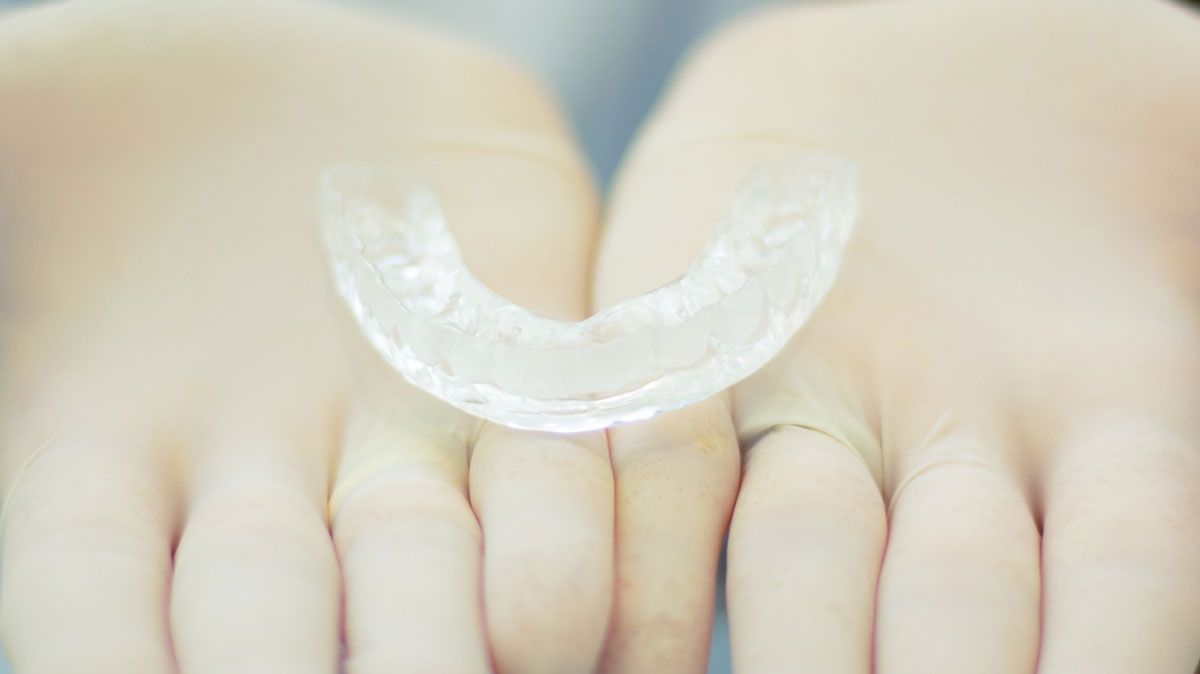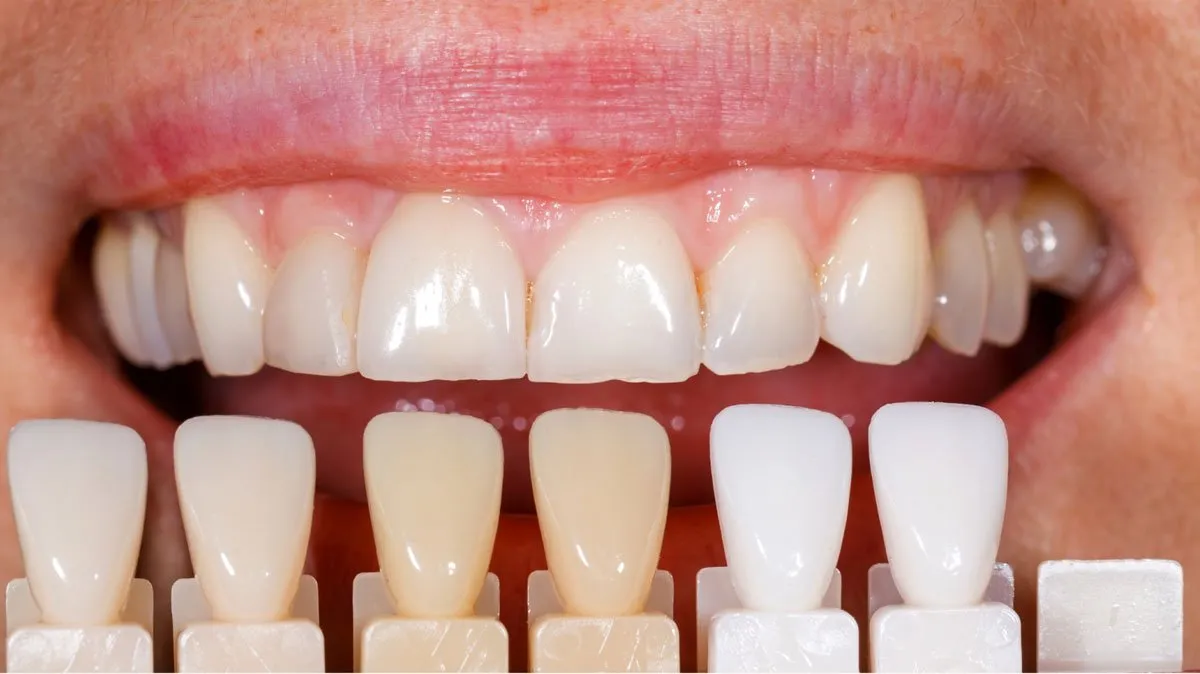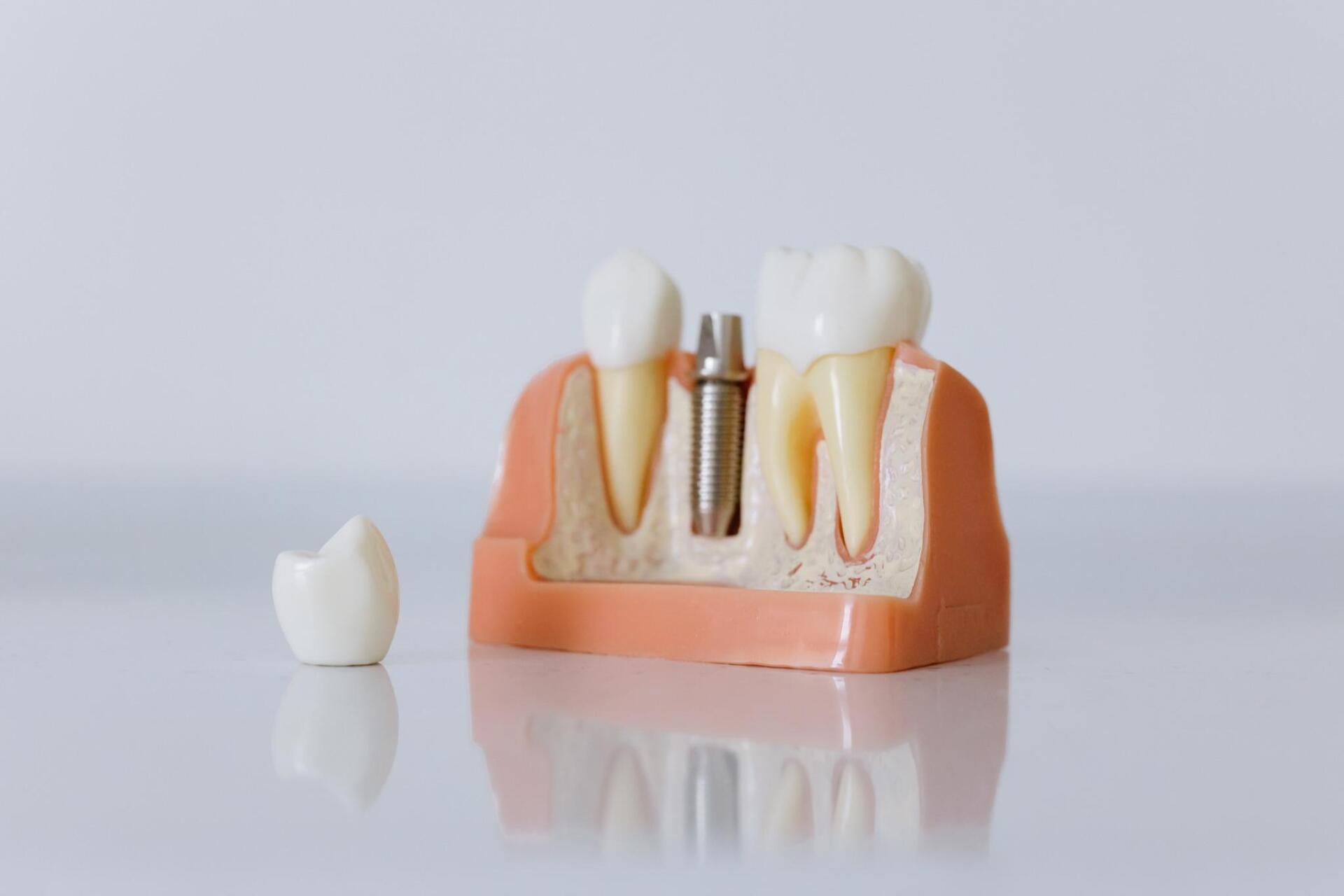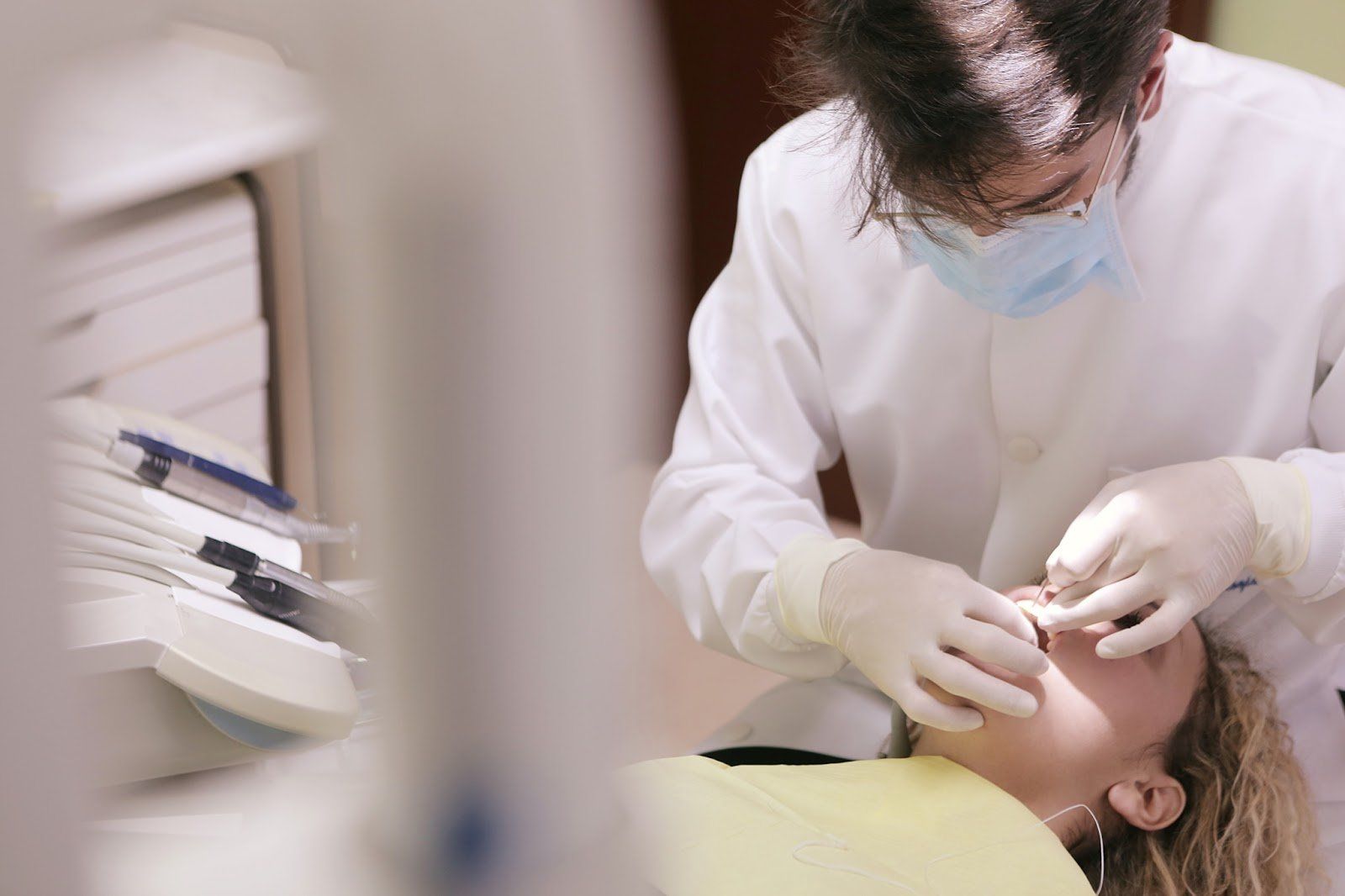
The bitter truth about added sugar
Extra sugar can cause big health problems. Here's how you can reduce your intake.
There's a good chance you eat way too much sugar every day — and don't even know it.
American adults consume an average of 77 grams (almost 20 teaspoons) of sugar per day, which adds up to around 60 pounds of added sugar per year, according to the American Heart Association (AHA).
Added sugar refers to sugars and syrups that are included in food products and beverages to increase sweetness and texture and extend shelf life. (This is different from natural sugar found in fruit, vegetables, and dairy.)
A little extra sugar may seem harmless, but ingested often, it can contribute to a variety of health issues, like obesity, diabetes, and heart disease. "There's consistent evidence that all that excessive added sugar intake is a significant threat to one's health," says Dr. Qi Sun, an associate professor of nutrition at Harvard-affiliated T.H. Chan School of Public Health.

Where the sugar is
Sugar-sweetened drinks are the largest source of added sugar in the American diet. They include any of the following:
- regular soda
- juice drinks, like fruit punch and juice cocktails
- energy drinks
- sports drinks
- sweet tea
- sweetened coffee drinks
Whole (100%) juices, which contain only the sugars from the extracted fruit or vegetable are healthier, but you don't get the benefits of fiber and other natural ingredients as you do in whole fruit. Many food products also contain high amounts of added sugar, even if they are not always sweet-tasting. The most common are fruit-flavored yogurt, breakfast cereals, processed instant meals, soups, tomato sauces, snacks, and cured meats. Another source of added sugar is condiments, such as ketchup, relish, barbecue sauce, and salad dressings.
Look closer at food labels
Added sugars are identified on a product's ingredient label. They often are called by names other than "sugar." Here are the ones you should look for, according to the federal Dietary Guidelines for Americans, 2015-2020:
agave nectar brown sugar cane crystals
cane sugar corn sweetener corn syrup
crystalline fructose dextrose evaporated cane juice
fructose fruit juice concentrates glucose
honey invert sugar lactose malt sugar
malt syrup maltose maple syrup molasses
raw sugar sucrose
Too much is too much
For instance, a study published online Sept. 3, 2019, by JAMA Internal Medicine looked at more than 450,000 people over a 16-year period and found that those who drank two or more 8-ounce glasses of sugar-sweetened soda a day had a higher risk of dying for any reason than people who drank less than a glass each month. Drinking large amounts of artificially sweetened sodas was also associated with earlier death.
Consuming too much sugar also can increase chronic inflammation. And higher sugar consumption has also been linked to a higher risk of frailty as we age. A study in the May 2018 American Journal of Clinical Nutrition found that older adults who consumed more than 36 grams per day of added sugar were more likely to become frail compared with those who consumed less than 15 grams daily.
One of the biggest threats from added sugar is weight gain. Your body doesn't know the difference between natural sugar and added sugar. They both get processed the same way. The important difference is how fast the body digests them. "Foods with natural sugar — fruits and vegetables — also contain soluble fiber, which means your body digests the accompanying sugars more slowly," says Dr. Sun. In comparison, added sugar lacks fiber, so it's absorbed much faster. "This can cause blood sugar levels to spike, leading to an insulin surge, which can increase hunger," says Dr. Sun.
Substitutes for sugar
Another way to avoid added sugar is to switch it out for other sweeteners. Add whole or frozen fruit to cereal or oatmeal, tea, and yogurt. Also, try antioxidant-rich spices like ginger, cinnamon, and nutmeg.
Manage your intake
The AHA suggests men consume no more than 36 grams (about 9 teaspoons) of added sugar per day. This is approximately equal to what's in a 12-ounce can of soda. The best ways to control your intake of added sugar are to read food labels and cut out sugar-sweetened beverages, suggests Dr. Sun.
"For labels, note the number of grams of sugar per serving and the total number of servings," he says. "The label might say 5 grams of sugar per serving, but you might eat three or four servings, so you end up consuming a lot more added sugar." A good rule is to choose products that have less than 10 grams per serving and to monitor how many servings you eat.
Instead of buying sugar-sweetened beverages, make your own healthier versions. Begin with plain or sparkling water and then add slices of fresh fruit or an ounce or two of 100% fruit juice for flavor.
Source: Harvard Medical School
This post was originally published on March 1, 2020 onHarvard Health Publishing

OPENING HOURS
Monday - Thursday 8am-5pm
Friday 8am-3:30pm
CONTACT
Phone (419) 385 - 9314
Fax (419) 382-8996










